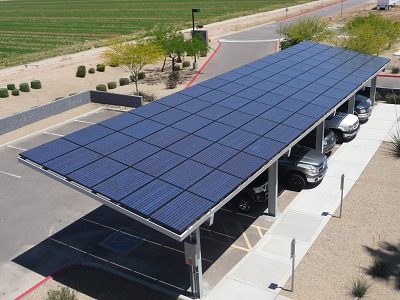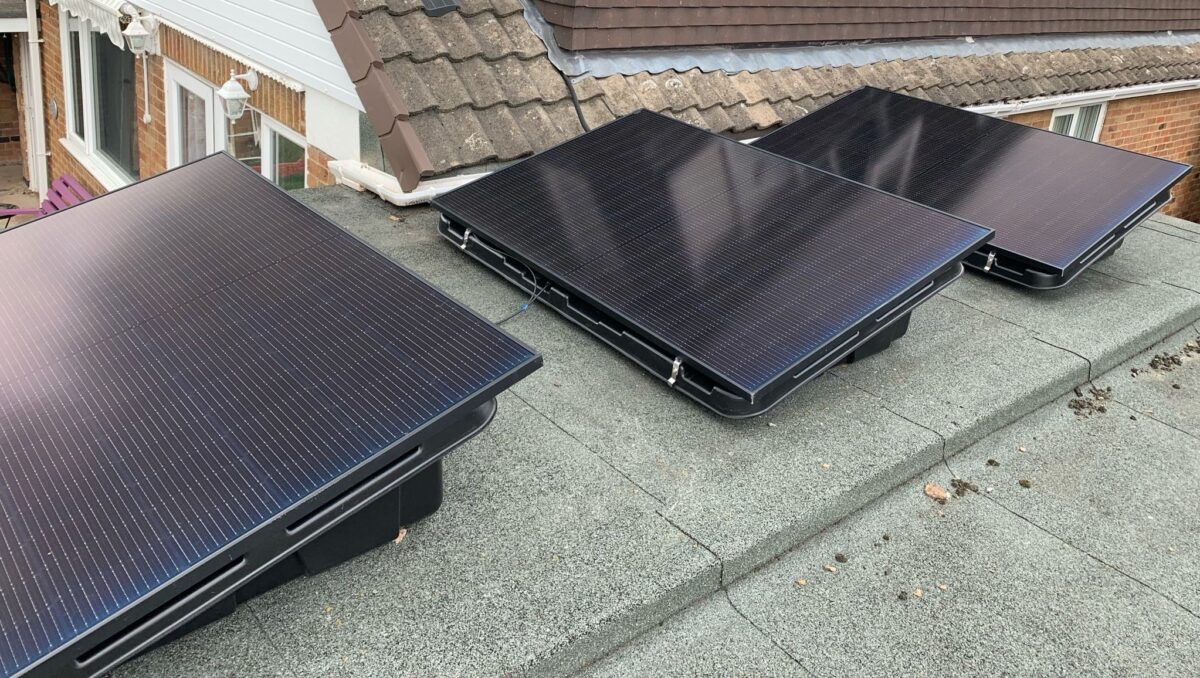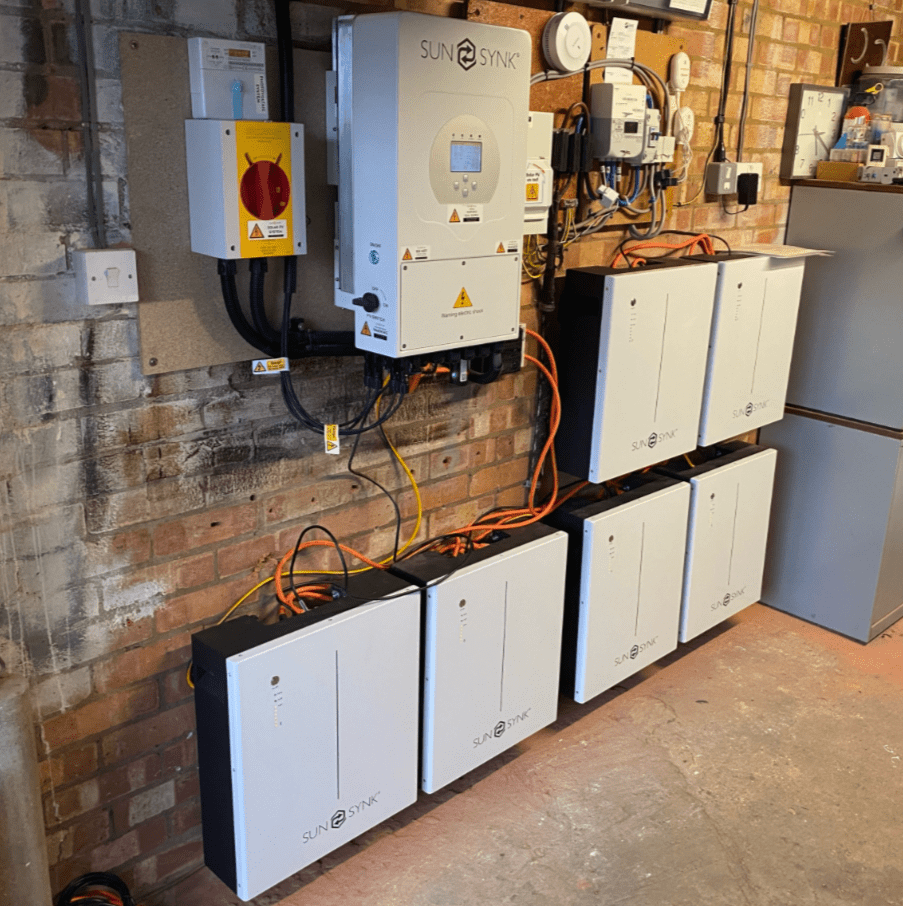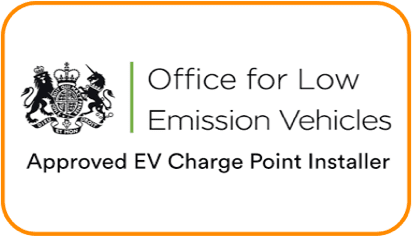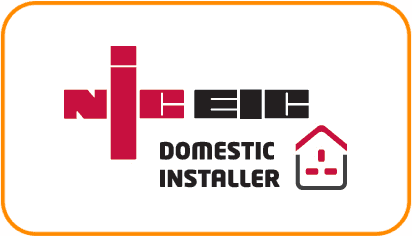So it’s clear that the government aren’t 100% behind more ground-mounted solar farms with the reveal that they plan to cut in half the subsidies received for ground-mounted solar farms in favour of carport solar panels roof-mounted and community-owned projects. The DECC’s reservations about the increase in ground-mounted solar farms are centred around the budget from the Renewable Obligation (RO) regime allocated for the projects. With the increase in popularity of solar farms, the fact is that the budget would be exceeded before long.
The focus is now on roof-mounted, carport solar panels, and community-owned solar projects. The UK’s target for 2020 is between 10 and 12 GW installed solar capacity, showing less incentive for ground-mounted solar farms, this could lead to concerns regarding the viability of succeeding with that goal. DECC remains confident that the expected rush of installations over the next year will get the UK up to 4 GW by next April, and with that projection, 10-12 GW by 2020 is certainly realistic.
In the effort to inspire more roof-mounted systems, a new idea has emerged surrounding unused space, carports. Carports seem so far to have been largely overlooked as a viable use of roof-mounted solar systems; the benefits of carport solar panels are plenty, for example changing the look of a dull grey space into a multi-use structure that serves a significant purpose by generating renewable energy for the adjoining building. Also perhaps an opportunity to improve customer experience, as the solar panel carport installed is not just there to create renewable energy, a broader view of the situation shows the carport solar panels would provide shelter for themselves and their vehicle.
Carport solar panels offer a unique and promising solution for sustainable energy production. A solar panel carport is a versatile structure that not only provides shelter for vehicles but also harnesses the sun’s energy to generate electricity. These dual-purpose structures have the potential to revolutionize parking lots, residential driveways, and commercial spaces, converting previously underutilized areas into renewable energy sources. By integrating solar panels into carports, businesses and homeowners can reduce energy costs, decrease their carbon footprint, and take a significant step towards a more sustainable future. The versatility of solar panel carports holds immense promise for widespread adoption, effectively merging energy production with essential infrastructure.
Solar panel carport Installation is not the same as roof-mounted PV installations however, a different set of skills will be required to get the job done, including experience with foundations, steelwork and even underground services.
